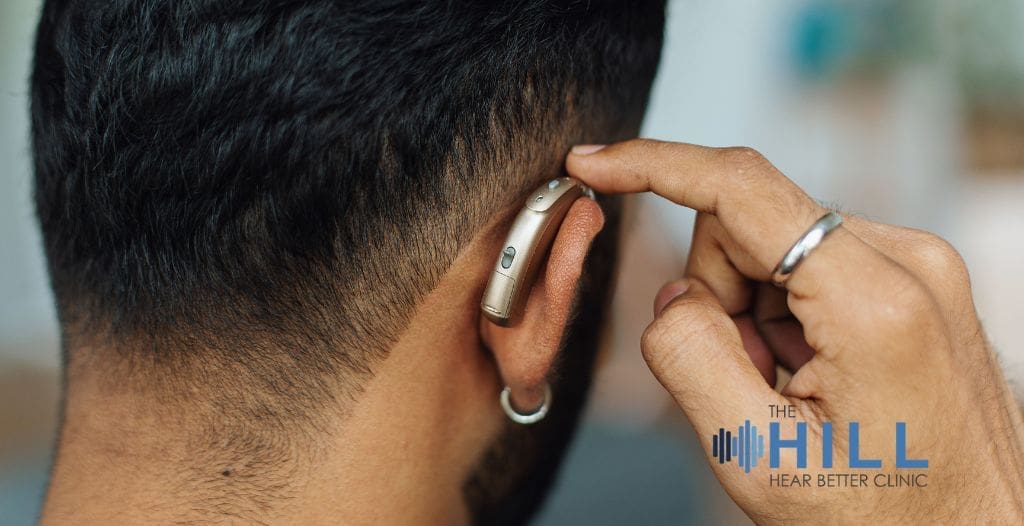
Are you in the market for hearing aids? Whether it’s your first, second, or tenth pair, you want to make sure you’re spending your money wisely. The process can feel overwhelming, but with a few key steps, you can avoid costly mistakes and get the best solution for your hearing needs.
The Hidden Costs of Untreated Hearing Loss
Before we dive into saving money, let’s talk about why properly treating hearing loss matters. Studies show that untreated hearing loss is linked to dementia, a higher risk of falls, increased tinnitus, and even faster brain shrinkage. It can also lead to social isolation and cognitive decline. While this sounds scary, the good news is that the right hearing aid—fitted and programmed properly—can help prevent many of these issues.
Three Steps to save Money on Hearing Aids
- Get Evaluated by an Audiologist
Your first step should always be a professional evaluation. An audiologist can rule out any serious medical conditions and ensure you’re getting the right type of hearing aid for your specific hearing loss. Skipping this step could lead to wasted money on the wrong device—or worse, untreated medical conditions. - Do Your Research
The hearing aid market is full of advertisements promising miracle cures and budget-friendly fixes. Don’t fall for gimmicks or “hacks” that seem too good to be true. Look for reputable sources and brands with a track record of success. Be wary of devices that claim to be hearing aids but are really just sound amplifiers in disguise. - Find a Provider Who Follows Best Practices
The key to long-term hearing success isn’t just the device—it’s the provider. A good audiologist will follow best practices like real-ear measurements, speech-in-noise testing, and regular follow-ups to ensure your hearing aids are optimized for you. While big-box stores and online retailers may offer lower prices, they often lack the personalized care that makes hearing aids truly effective.
Can You Go the Budget Route?
If financial constraints make a traditional hearing aid out of reach, over-the-counter options might be a viable alternative. However, you should still seek guidance from an audiologist to get the most out of your device. A little expert input can make a big difference in how well your hearing aid works.
The Bottom Line
Yes, hearing aids can be an investment—but making the right choices now can save you money (and frustration) in the long run. Treating your hearing loss properly can help you stay engaged, independent, and healthy for years to come. If you’re ready to take the next step, start with an audiologist you trust and go from there. Your future self will thank you!
